Burkina Faso
Burkina Faso's ruling junta, the Patriotic Movement for Safeguard and Restoration (French: Mouvement patriotique pour la sauvegarde et la restauration, MPSR), holds a press conference to respond to the proposal of 30-month transition period to return to constitutional rule by a newly created Transition Charter committee. The MPSR says this period cannot be "fixed," and that the transition can only take place when the West African nation has "reached a certain level of strength."
A commission created by the junta that seized power in Burkina Faso last month has proposed a 30-month transition period before the country returns to constitutional rule, military and government sources said Thursday.
The commission "proposes a 30-month transition led" by junta leader Lieutenant-Colonel Paul-Henri Sandaogo Damiba, a military source said.
It also suggests "the establishment of a small government and legislative body" with a maximum of 20 and 50 members respectively.
The proposal was confirmed by a source close to the presidency, who said that "inclusive general elections" would be held after the transition period.
Burkina faso was rocked by the ouster on January 24 of its elected president, Roch Marc Christian Kabore.
Soldiers angered at his handling of a bloody six-year-old jihadist insurgency took control.
Damiba, 41, was sworn in on February 16 as president, head of state and supreme commander of the armed forces for an interim period -- a key issue that remains undefined.
Burkina became the third nation in West Africa, after Mali and Guinea, to suffer a mililtary takeover in less than 18 months.
Mali and Guinea have been hit with tough sanctions by the region's bloc, the Economic Community of West African States (ECOWAS), for delays in returning to civilian rule.
Burkina, like those countries, has been suspended from ECOWAS activities.
But so far it has escaped wider punishment, following talks with envoys who reported on a positive tone from the junta.
- Timetable question -
The bloc has called on the junta to establish a "reasonable" timetable "for returning to constitutional order" -- a term that implies the military's withdrawal from political life and the holding of democratic elections.
The commission's report, a draft charter and agenda for the transition were handed to Damiba on Wednesday, but their contents have not been made public.
The source close to the presidency said the report will be put to the junta and to a group gathering political parties, trade unions and civil society.
The 15-member commission which drew up the package included legal experts, sociologists, economists and military officers.
The panel's head, Mariame Ouattara, said its work was "inspired by directives given by the junta."
She said that the commission had added a proposed "charter of values to support the rebuilding" of the country.
After receiving the report, Damiba thanked the commission for its "commitment" and said the panel had worked "on an unpaid basis and in total independence," his office said.
The junta, which calls itself the Patriotic Movement for Preservation and Restoration (MPSR), says its priority is "security."
Since the first jihadist attacks in 2015, more than 2,000 people have died, while the country's emergencies agency says more than 1.5 million people have fled their homes.
Kabore was arrested and remains under house arrest, despite international calls for his release.
***AFP***




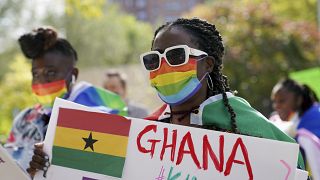
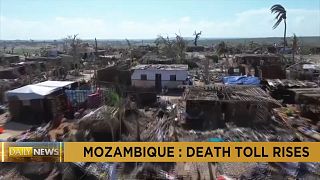
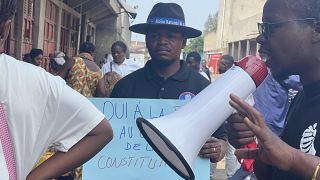
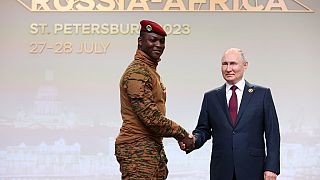
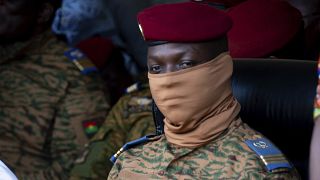
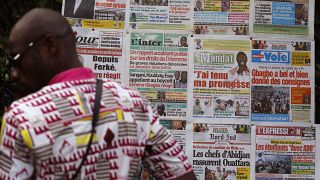
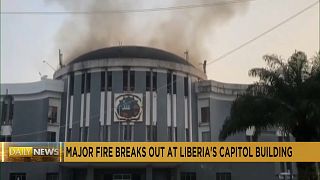
01:30
ECOWAS establishes exit timeline for coup-affected nations
01:21
Guinea opposition angry at junta's extension of transitional rule
00:47
Niger suspends BBC for 'spreading false news' after covering attack
11:05
Burundi 2040: Is Corruption Undermining the Vision? [Business Africa]
Go to video
Ten soldiers killed in terrorist attack in western Niger
Go to video
Mali: 11 opposition leaders released after 6 months of detention